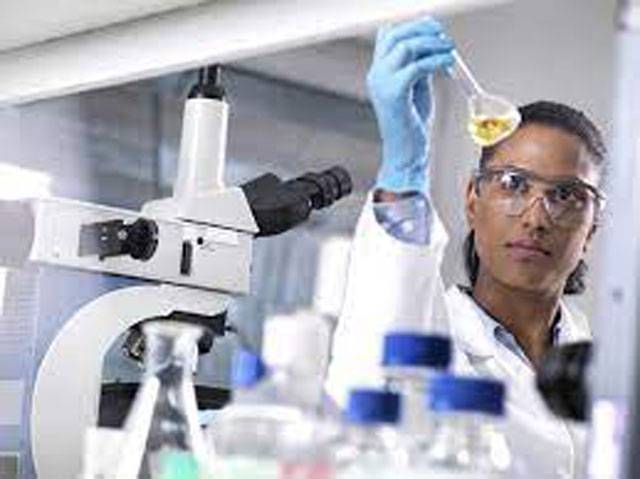ISLAMABAD-The use of biotechnology can address food security in Pakistan to a great extent, said an agricultural expert. Food insecurity in Pakistan is a long-standing problem causing a lot of stress for the government to cope with. “Prioritising the use of biotechnology in the country can resolve the supply shortages of staple foods,” said Dr Javed Ahmed, Director at Ayub Agricultural Research Institute.
Staple foods constitute the food items consumed on a regular basis. They have a substantial share in overall energy level obtained through food intake by households. Staple foods include wheat, maize, potato, cereals, and sugarcane, etc. “Biotechnology helps increase the output per unit acre of the staple foods. It helps in the production of genetically modified (GM) seeds that give higher yields than conventional seeds under the same conditions,” he explained. The yield of major staple foods in Pakistan is not in line with the demand. Per hectare yield of wheat is 3 tonnes, according to a report by Pakistan Agricultural Research Centre (PARC). “Pakistan, as one of countries most vulnerable to climatic effects, always faces risk to its food production capability. Research in the field of biotechnology around the world is helping mitigate the effects of climate change on staple foods production. Biotechnology techniques can be instrumental in producing heat or drought-resilient seeds of staple foods,” Dr Javed said. He said that the government largely relies on subsidies and social safety programs to help the needy people meet their food consumption needs. It incurs a huge cost to the exchequer amidst existing financial crunch.
“Biotechnology will lessen the country’s dependence on pesticides. Replacing pesticides with hybrid seeds that can bear pests attacks is possible,” he said. Dr Javed also underscored the importance of biotechnology in reducing food imports. “Pakistan imports staple foods especially at times of natural calamity like the recent floods. Resolving the supply side issues of staple foods is likely to save reserves that might be lost otherwise,” he said. With rising population in Pakistan, the demand for staple food is increasing continuously. It is time to prioritise biotechnology so that the gains from science can be accrued for the collective benefit of the people.
Saturday, April 20, 2024
Biotechnology can help address Pakistan’s food security challenges

22 suspects arrested
April 20, 2024
RCCI chief for promoting law-abiding culture
April 20, 2024
Provision of quality education govt’s priority: KP minister
April 20, 2024
A Tense Neighbourhood
April 19, 2024
Dubai Underwater
April 19, 2024
X Debate Continues
April 19, 2024
Hepatitis Challenge
April 18, 2024
IMF Predictions
April 18, 2024
Kite tragedy
April 19, 2024
Discipline dilemma
April 19, 2024
Urgent plea
April 19, 2024
Justice denied
April 18, 2024
AI dilemmas unveiled
April 18, 2024
ePaper - Nawaiwaqt
Advertisement
Nawaiwaqt Group | Copyright © 2024





